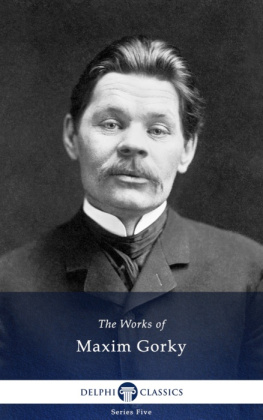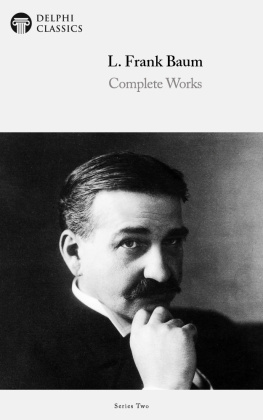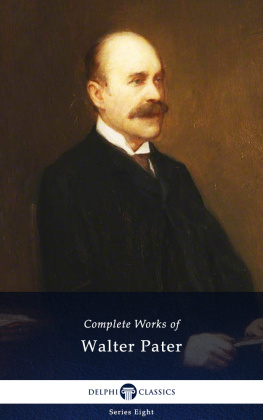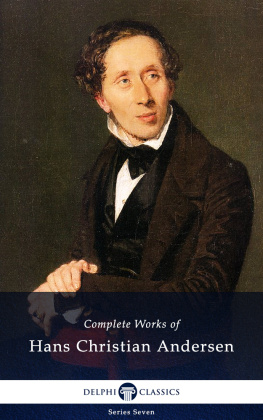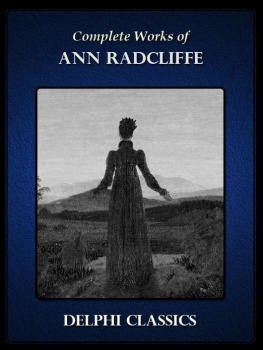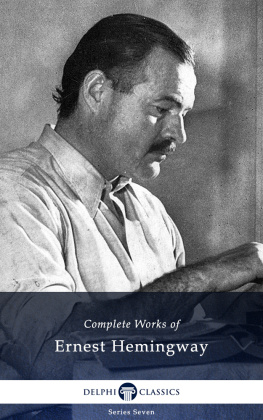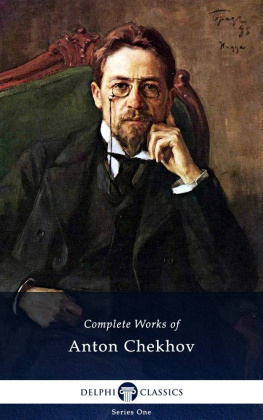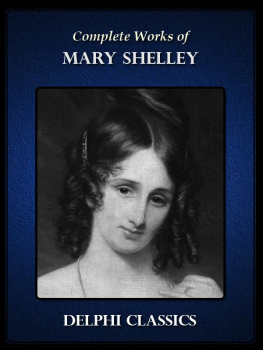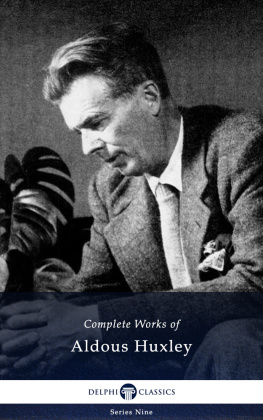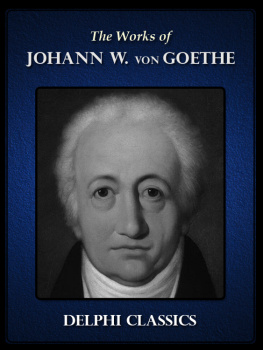Maxim Gorky - Delphi Works of Maxim Gorky (Illustrated)
Here you can read online Maxim Gorky - Delphi Works of Maxim Gorky (Illustrated) full text of the book (entire story) in english for free. Download pdf and epub, get meaning, cover and reviews about this ebook. year: 2015, publisher: Delphi Classics, genre: Art. Description of the work, (preface) as well as reviews are available. Best literature library LitArk.com created for fans of good reading and offers a wide selection of genres:
Romance novel
Science fiction
Adventure
Detective
Science
History
Home and family
Prose
Art
Politics
Computer
Non-fiction
Religion
Business
Children
Humor
Choose a favorite category and find really read worthwhile books. Enjoy immersion in the world of imagination, feel the emotions of the characters or learn something new for yourself, make an fascinating discovery.
- Book:Delphi Works of Maxim Gorky (Illustrated)
- Author:
- Publisher:Delphi Classics
- Genre:
- Year:2015
- Rating:5 / 5
- Favourites:Add to favourites
- Your mark:
Delphi Works of Maxim Gorky (Illustrated): summary, description and annotation
We offer to read an annotation, description, summary or preface (depends on what the author of the book "Delphi Works of Maxim Gorky (Illustrated)" wrote himself). If you haven't found the necessary information about the book — write in the comments, we will try to find it.
The Russian and Soviet writer Maxim Gorky was a founder of the Socialist realism literary method and a political activist, who used his novels to illustrate the corruption of the world around him. This comprehensive eBook presents a range of Gorkys works, with numerous illustrations, rare texts appearing in digital print for the first time, informative introductions and the usual Delphi bonus material. (Version 1)
- Concise introductions to the novels and other texts
- Five novels, with individual contents tables
- Rare novels like THE SPY and A CONFESSION appearing in digital publishing for the first time
- Excellent formatting of the texts
- Easily locate the poems or short stories you want to read
- Includes a selection of Gorkys non-fiction including a sample of the authors personal correspondence
- Features two of Gorkys autobiographies
- Features a bonus biography - discover Gorkys literary life
- Scholarly ordering of texts into chronological order and literary genresPlease note: we regret that translations of many of Gorkys novels and plays are not available in the public domain. When new texts become available, they will be added to the eBook as a free update.Please visit delphiclassics.com to browse through our range of exciting titlesCONTENTS:The Novels
THE MAN WHO WAS AFRAID
THREE OF THEM
THE MOTHER
THE SPY
A CONFESSIONThe Shorter Fiction
THROUGH RUSSIA
TWENTY-SIX AND ONE AND OTHER STORIES
CREATURES THAT ONCE WERE MEN, AND OTHER STORIES
MISCELLANEOUS STORIESThe Short Stories
LIST OF SHORT STORIES IN CHRONOLOGICAL ORDER
LIST OF SHORT STORIES IN ALPHABETICAL ORDERThe Poetry
LIST OF POEMSThe Non-Fiction
REMINISCENCES OF ANTON CHEKHOV
REMINISCENCES OF LEO NIKOLAEVICH TOLSTOY
THE MARCH OF MAN
MISCELLANEOUS LETTERSThe Autobiographies
MY CHILDHOOD
IN THE WORLDThe Biography
MAXIM GORKI by Hans OstwaldPlease visit delphiclassics.com to browse through our range of exciting titles
Maxim Gorky: author's other books
Who wrote Delphi Works of Maxim Gorky (Illustrated)? Find out the surname, the name of the author of the book and a list of all author's works by series.

